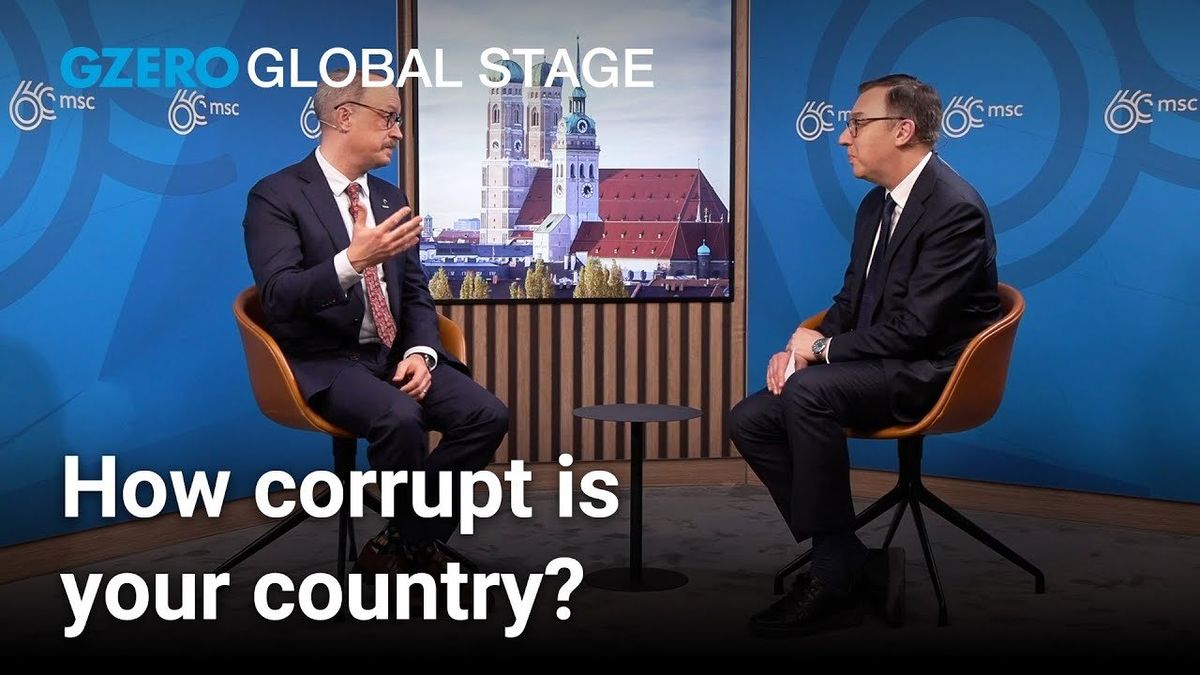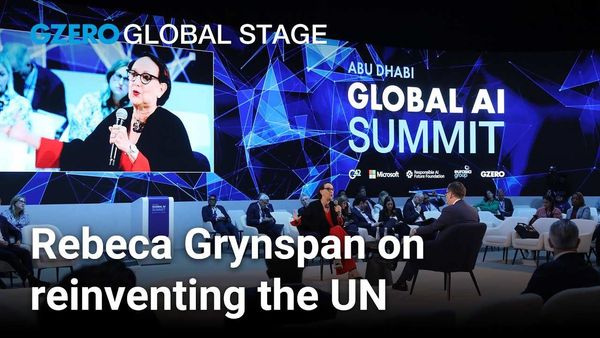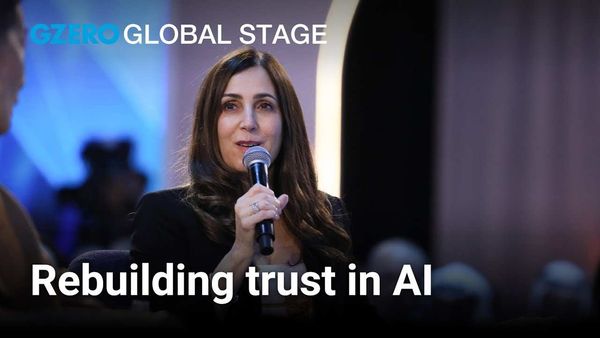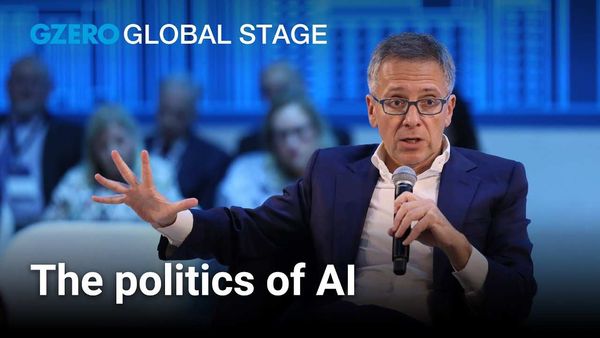What is the least corrupt country in the world? According to a Berlin-based nonprofit called Transparency International, that would be Denmark. Finland is close behind. At the very bottom of the list is Somalia, dead last out of 180 nations.
Founded in 1993 by a retired World Bank Official, Transparency International operates in more than 100 countries, promoting accountability and exposing public sector corruption.
The team, led by CEO Daniel Eriksson, attended the 2024 Munich Security Conference last week with a warning about the rise of “strategic corruption,” a geopolitical weapon involving bribes and disinformation to attain a political goal in another nation.
“Our definition of corruption is the abuse of entrusted power for personal gain,” Eriksson told GZERO’s Tony Maciulis.
This year is critical for democracy as dozens of countries head to the polls for elections that could determine policy and politics for the remainder of the decade. Among other projects aimed at rooting out political corruption, Eriksson’s team tracks foreign funding meant to influence the outcomes of campaigns or get certain candidates elected.
Check out the complete rankings list for 180 countries published yearly in Transparency International’s Corruption Perceptions Index.
See more coverage of the Munich Security Conference from Global Stage.
- The Graphic Truth: The World Cup of graft ›
- David Miliband and Ian Bremmer discuss the Atlas of Impunity ›
- Hard Numbers: Kenyans march against femicide, Corruption costs Ukrainian defense, Germans protest far right, Evergrande tries to avoid liquidation (again), Say more than ‘Oui’ to Paris! ›
- The Graphic Truth: Where corruption is rising, falling ›


















